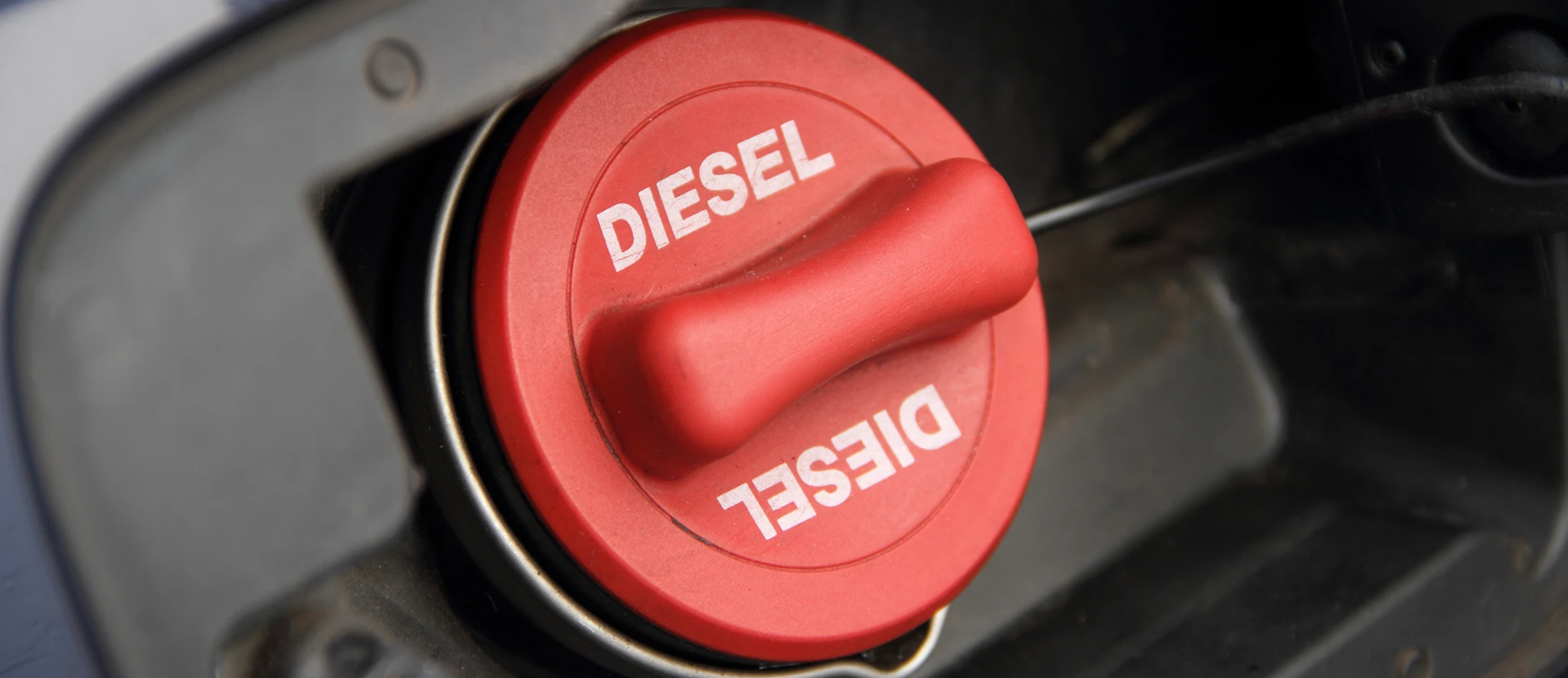
The Hazards of Diesel Fuel Contamination: Causes, Effects, and Prevention Strategies
August 20, 2024
Diesel fuel is a critical component for the operation of many engines, from heavy-duty machinery to everyday vehicles. However, diesel fuel contamination can pose significant hazards, impacting performance and longevity.
Understanding the causes of diesel contamination, its effects, and effective prevention strategies is crucial for maintaining diesel fuel quality and engine health.
Causes of Diesel Contamination
Several factors can lead to diesel fuel contamination, each with its own set of challenges.
One of the main causes of diesel contamination water entering diesel fuel. Water can enter the fuel through condensation, leaks, or improper storage.
Another common issue is bacteria in diesel fuel, which thrive in the water and fuel mixture, leading to microbial growth. Additionally, diesel fuel filter problems can contribute to contamination by failing to remove impurities effectively.
Understanding these causes is the first step towards implementing diesel contamination prevention measures.
Effects of Diesel Fuel Contamination
The effects of diesel fuel contamination are far-reaching and can significantly impact engine performance and longevity. Contaminated diesel effects on engines include reduced efficiency, increased wear and tear, and potential engine failure.
Diesel fuel quality issues, such as clogged filters and injectors, can result in poor combustion and increased emissions.
Furthermore, the presence of water and bacteria can corrode engine components, leading to costly repairs. Addressing these effects promptly is essential to minimize damage and maintain optimal engine performance.
Common Diesel Contaminants
To effectively combat diesel fuel contamination hazards, it’s essential to recognize the common diesel contaminants that can affect fuel quality.
Water, as mentioned earlier, is a significant contaminant. Other contaminants include dirt, rust, and microbial growth. These impurities can enter the fuel through various means, including storage tanks, transportation, and handling. Diesel fuel storage tips, such as using clean and dry containers and regularly inspecting storage tanks, can help minimize the introduction of these contaminants.
Preventing Diesel Fuel Contamination
Preventing diesel fuel contamination requires a proactive approach and adherence to best practices.
Regular maintenance and inspections are crucial components of diesel contamination prevention. Implementing diesel fuel maintenance tips, such as checking for water accumulation and using quality fuel filters, can significantly reduce the risk of contamination.
Additionally, proper diesel fuel storage tips, including keeping storage tanks clean and dry and using fuel stabilizers, can help preserve fuel quality. By following these strategies, you can ensure the longevity and efficiency of your diesel engines.
Maintaining Diesel Fuel Quality
Maintaining diesel fuel quality is essential for the reliable operation of diesel-powered engines. Regular testing and monitoring of fuel quality can help identify potential issues before they become severe.
Diesel fuel maintenance tips, such as regular fuel sampling and analysis, can provide valuable insights into the fuel’s condition. Additionally, addressing diesel fuel filter problems promptly and using high-quality filters can prevent contaminants from reaching the engine.
Implementing these practices will help maintain the integrity of your diesel fuel and ensure optimal engine performance.
Ensure Engine Health Today
Diesel fuel contamination can lead to numerous problems, but understanding its causes, effects, and prevention strategies can help you maintain fuel quality and engine health.
By implementing regular maintenance, adhering to proper storage practices, and using quality fuel filters, you can significantly reduce the risk of contamination.
If you need assistance with diesel fuel maintenance or have concerns about contamination, contact Renway Energy today at 519-752-6777 to speak with one of our fuel quality experts.
Ensure the longevity and reliability of your diesel engines by taking proactive steps against fuel contamination.
By addressing the hazards of diesel fuel contamination proactively, you can safeguard your equipment, reduce maintenance costs, and enhance overall performance.

